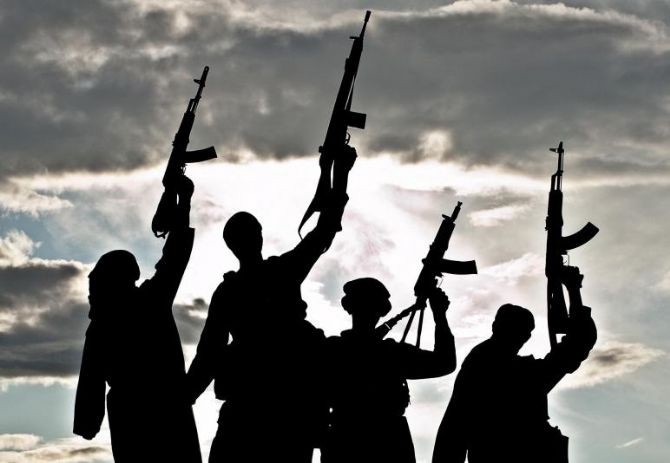Photo (medium.com)
GSX – There is growing recognition that effectively preventing violent extremism (PVE) and fostering sustainable peace and pluralism requires a “whole of society” effort that extends beyond governments alone to include civil society actors, particularly those with longstanding experience in leading such efforts in their communities. It draws on the strengths of all sectors to create a win-win approach. This approach is enshrined in the UN Secretary-General’s Plan of Action on PVE and a growing number of national PVE plans. All governments and multilateral organizations should recognize and support this critical sector as allies not adversaries in the complex, long-term struggle to prevent violent extremism from gaining a foothold in their societies.
Here are 10 reasons why:
1- Civil society organizations (CSOs) provide a space for constructive engagement between the state and its citizens. They can channel dissent and diverse opinions in a non-violent way and ensure that governments have an effective feedback mechanism to understand the impact of their policies. Without this visible public channel, exclusion can foster anger, and dissent can go underground where radicalization that leads to violence can occur below the surface in communities.
2- CSOs have knowledge of local contexts, drivers, and evolving trends. They have trust and access within affected communities in ways that national actors and multilateral organizations may not. Their positive role in preempting radicalization to violence and aiding reintegration should not be underestimated.
3- CSOs have deep expertise and long experience in identifying and addressing relevant drivers using locally resonant approaches that can inform and improve global and national strategies.
4- CSOs are willing and able to be innovative and flexible to identify and tackle emerging issues, often long before governments are aware or willing to address them. They have experience in addressing typically overlooked but critical aspects, such as the gendered dimensions of PVE and peace building.
5- CSOs are cost effective when given the resources and space to engage.
6- CSOs are often the first to observe early warning indicators of rising radicalization to violent extremism and the first responders in the aftermath of an attack or crisis. They are able to mobilize basic necessities and provide space to absorb fear, anger, and pain, and channel it positively to foster social cohesion.
7- CSOs, particularly community-based organizations, are of the society and community—and often directly affected by insecurity. They do not have an “exit strategy” and are driven by genuine concern for and commitment to those affected, not by donor priorities.
8- CSOs take responsibility and ownership of the issues. When issues arise they are willing to take risks, adjust, and innovate to meet the needs of all sectors of society to find the right solutions.
9- CSOs are locally rooted and globally connected, working within and across countries with the capacity to share experiences and good practices. Leveraging this knowledge is vital to improving the overall PVE approach.
10- By fostering ownership and transformation of norms, CSOs enable sustainable change in behavior and attitudes, resulting in significant and long lasting impacts.
Have access to the PDF 10 Reasons Why Civil Society Is An Ally


